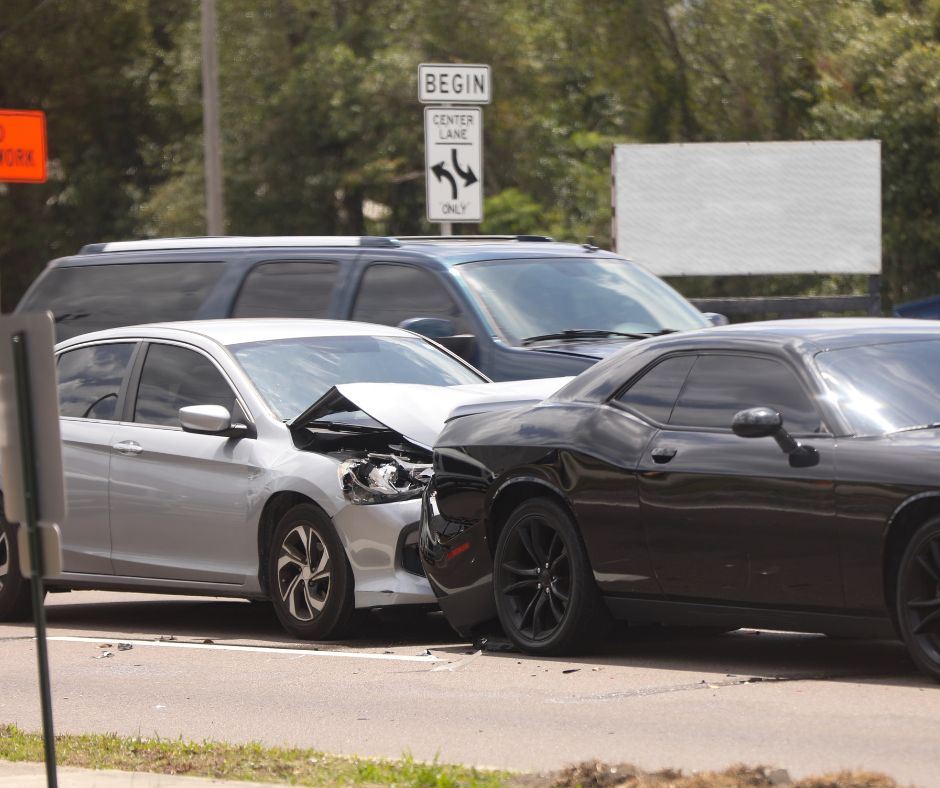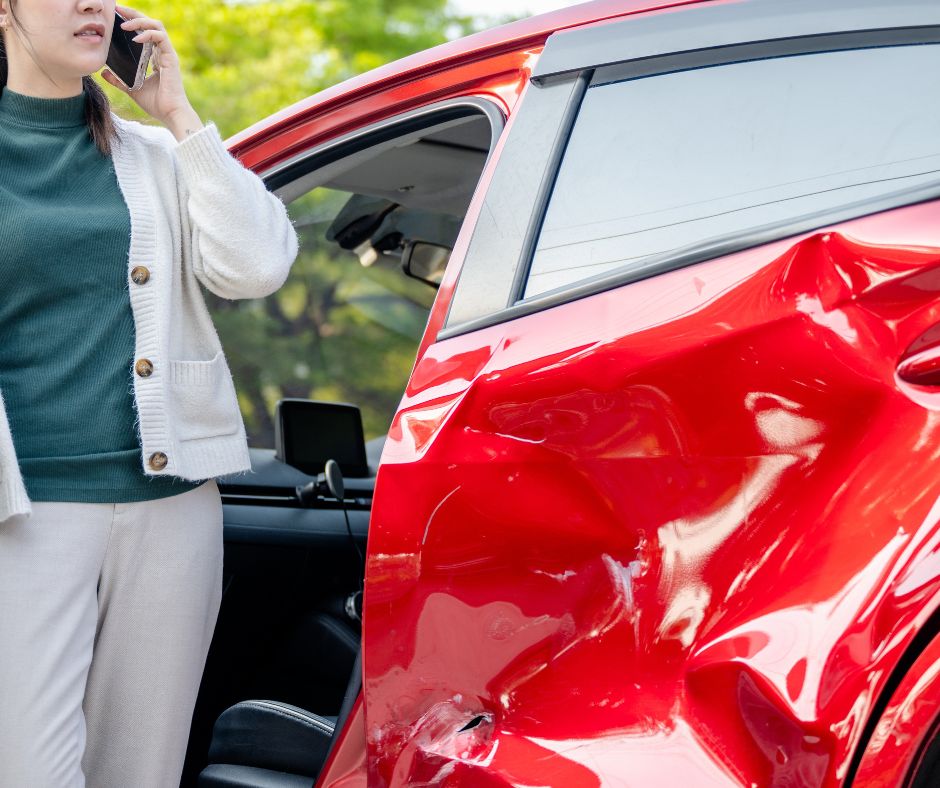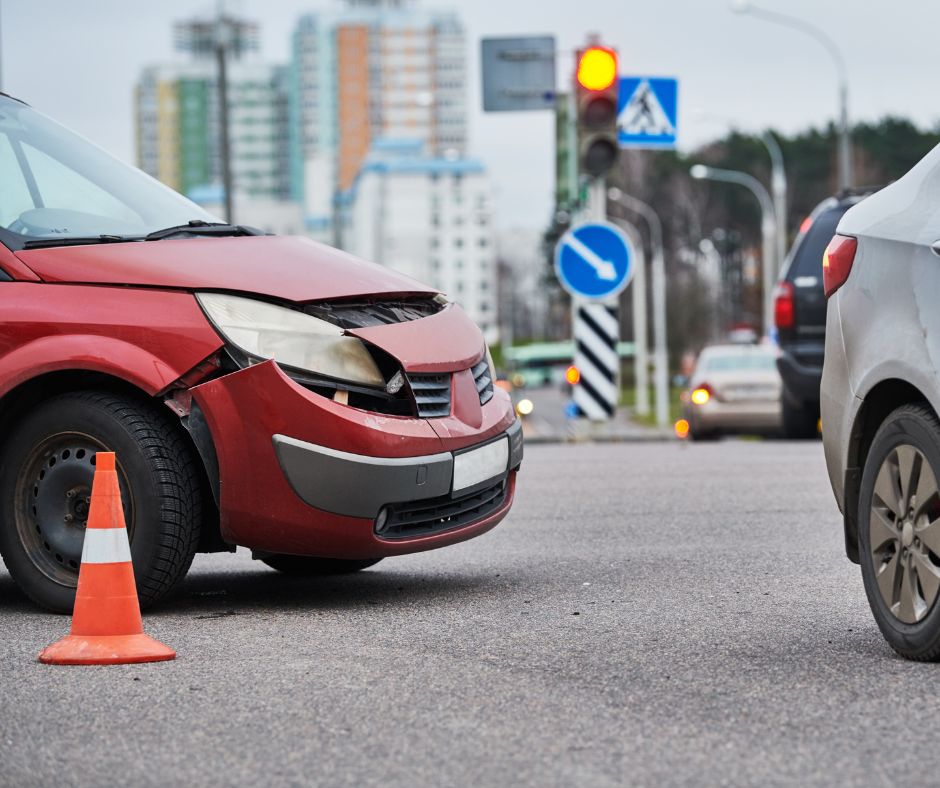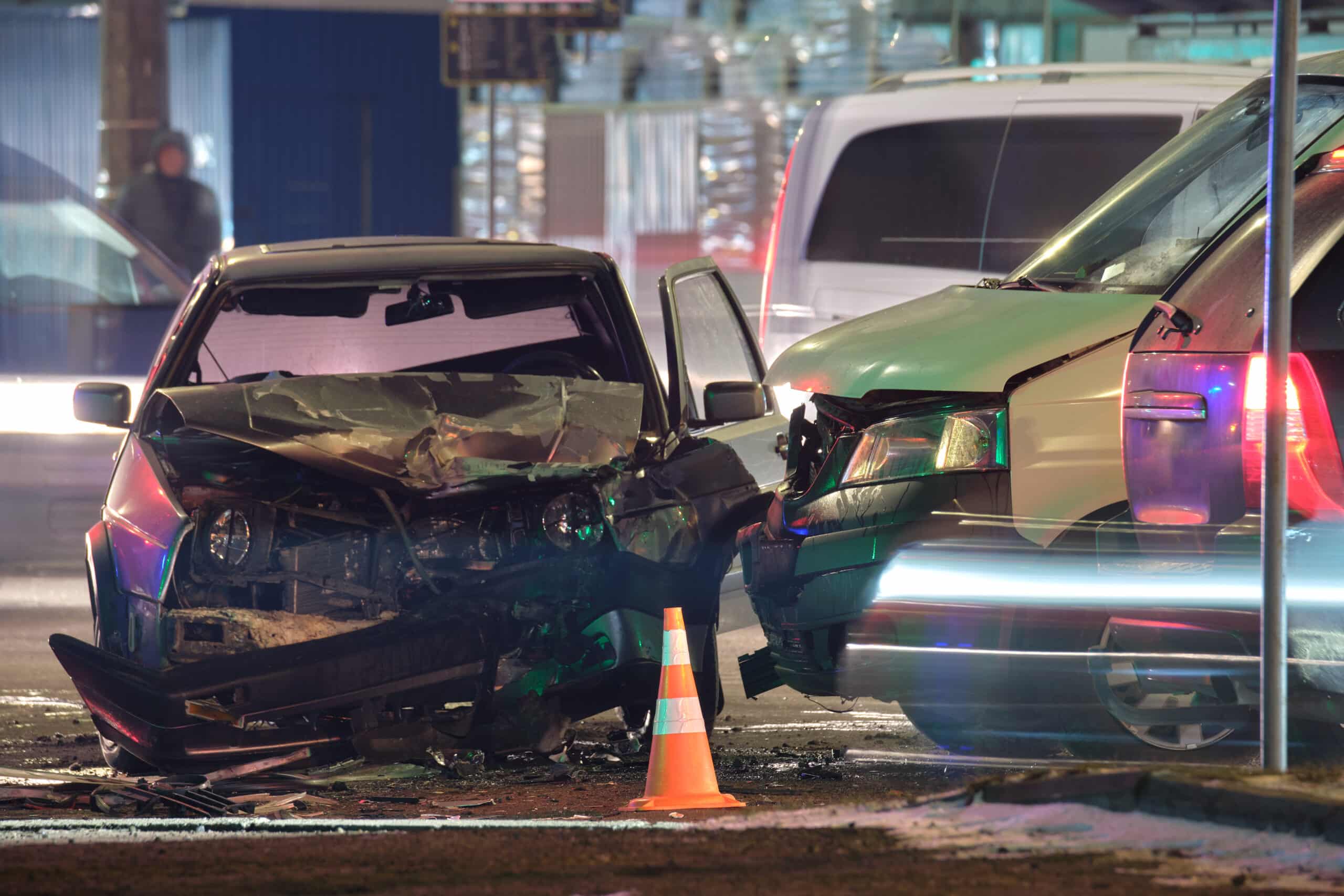Car accidents are not only nerve-wracking and stressful, but they can also be painful and expensive. In this article, our experienced California auto accident lawyers delve into the question: Does health insurance cover car accident injuries in California?
If you’ve been injured in a car accident in California, one of the first concerns you may have is whether your health insurance will cover your medical expenses. Understanding how health insurance works in these situations can alleviate some of the stress during a challenging time.
Get in touch with Silva Injury Law by filling out our online form or calling (209) 600-4389 today for personalized legal support. We offer free initial consultations.
Does Health Insurance Cover Car Accident Injuries?
In California, health insurance typically covers medical expenses resulting from car accidents.
This coverage extends to various aspects of your treatment, including hospitalization, surgeries, medications, rehabilitation, and follow-up care.
However, it’s essential to review your specific health insurance policy to understand the extent of coverage and any potential limitations or exclusions.
Health Insurance Coverage Exceptions and Considerations After an Accident
Being aware of these exceptions and considerations can help you better understand your health insurance coverage for car accidents in California. It will also help you make informed decisions about your medical care and insurance claim.
You may be wondering, does medical insurance cover car accidents? There are some factors to consider in answering this question that are outlined below.
1. Coverage Limits
Health insurance policies often have limits or caps on coverage, which can affect how much they pay for car accident-related medical expenses. It’s essential to be aware of these limits to avoid unexpected out-of-pocket costs.
2. Out-of-Network Providers
If you receive medical care from providers who are not in your health insurance network, your coverage may be limited, and you could face higher costs.
Checking with your insurance company about in-network providers before seeking treatment can help you understand your coverage options.
3. Pre-Existing Conditions
Some health insurance policies may exclude coverage for pre-existing conditions related to the car accident.
This means that if you had a medical condition before the accident that is exacerbated by the accident, your insurance may not cover the expenses related to that condition. It’s crucial to review your policy and consult with your insurance provider to understand how pre-existing conditions may impact your coverage.
4. Coordination of Benefits
If you have multiple insurance policies that could cover car accident injuries, such as health insurance and auto insurance with medical coverage, there may be coordination of benefits rules to consider.
Understanding how these policies work together can help avoid duplication or gaps in coverage.
5. Authorization Requirements
Some health insurance plans may require pre-authorization for certain treatments or procedures related to car accident injuries. Failing to follow these authorization procedures could lead to coverage issues or denials of claims.
6. Specific Exclusions
Health insurance policies may have specific exclusions related to car accidents, such as coverage limitations for certain types of injuries or treatments.
Reviewing your policy’s exclusions can help you understand the answer to your query: does health insurance cover car accident bills in your specific situation?
7. Policy Terms and Conditions
The terms and conditions of your health insurance policy play a significant role in determining coverage for car accident injuries. Reading and understanding these terms can help you navigate the claims process more effectively and determine the answer to the question, will health insurance pay for auto accident injuries?
What If You Don’t Have Health Insurance in California?
In California, state law entitles you to receive emergency medical care after a car accident, even if you don’t have health insurance.
The California Emergency Medical Services Act (Health and Safety Code Sections 1797-1799.207) ensures that emergency medical services are provided to all individuals regardless of their ability to pay or insurance status. Emergency medical services include immediate treatment and stabilization necessary to address life-threatening conditions resulting from the accident.
However, it’s important to note that while emergency medical care is mandated under California law, ongoing medical treatment beyond the initial emergency stabilization may not be covered if you don’t have health insurance or other means to pay for medical expenses.
You may be responsible for the full cost of non-emergency medical care, including follow-up appointments, rehabilitation, and ongoing treatment for injuries sustained in the car accident.
How to Cover Medical Bills After a Car Accident
It is crucial to first answer the following questions: does health insurance cover car accident injuries in your specific circumstance and to what extent?
To mitigate the financial impact of not having health insurance after a car accident or having insufficient coverage, you may explore options such as:
- Negotiating Payment Plans. You can work with healthcare providers to establish payment plans or negotiate reduced fees for medical services.
- Seeking Financial Assistance Programs. Some hospitals and healthcare facilities offer financial assistance programs or charity care for individuals who are uninsured and unable to pay for medical services.
- Applying for Government Assistance. Depending on your income and circumstances, you may qualify for government-sponsored healthcare programs like Medicaid (Medi-Cal in California) or other state assistance programs.
- Consulting with Legal Professionals. If another party’s negligence caused the car accident, you can pursue a personal injury claim to recover compensation for medical expenses, lost wages, and other damages. Consulting with a personal injury attorney can help you understand your legal options and rights under California’s laws related to car accidents and compensation for injuries.
Overall, while not having health insurance can pose financial challenges after a car accident, California’s laws ensure that emergency medical care is provided regardless of insurance status.
Exploring alternative payment options and seeking legal guidance can help you navigate the aftermath of a car accident and access the necessary medical care and support.
Contact Silva Injury Law To Discuss Your Next Steps After A Car Accident
In California, health insurance typically covers car accident injuries, but there may be exceptions and considerations to keep in mind.
Knowing your policy’s coverage limits, network providers, and procedures can help you make informed decisions about your medical care.
If you need assistance with your car accident claim or health insurance coverage, contact us online or call (209) 600-4389 today.
We offer free, no-obligation consultations.


















 EMAIL
EMAIL  Ask AI
Ask AI  Access
Access